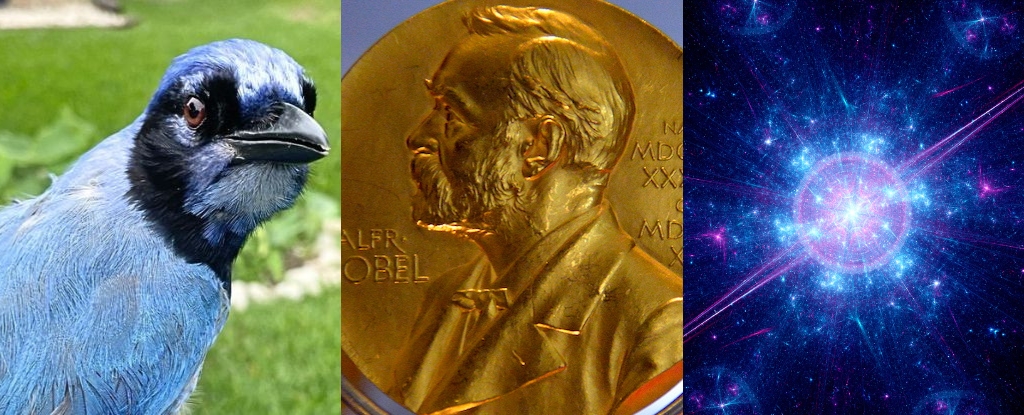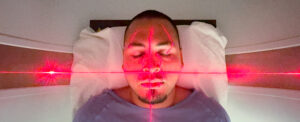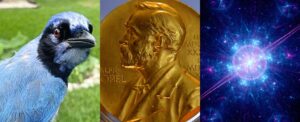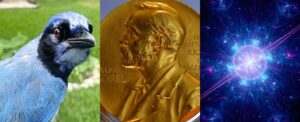
Recent developments in science have unveiled significant findings ranging from cardiovascular health to the ultimate fate of the universe. A groundbreaking study has linked an overwhelming majority of heart attacks and strokes to just four risk factors, while prestigious Nobel Prizes have recognized key contributions to fields such as medicine and physics.
Heart Disease Risk Factors Identified
A comprehensive study has revealed that 99 percent of heart attacks and strokes can be attributed to four primary risk factors: high blood pressure, high cholesterol, high blood sugar, and smoking. Notably, high blood pressure, or hypertension, was the most frequently identified factor leading to cardiovascular events. Research conducted in both the United States and South Korea highlighted that over 93 percent of individuals who suffered from a heart attack, stroke, or heart failure had hypertension prior to the event. This finding suggests that effective management of high blood pressure could play a crucial role in preventing serious cardiovascular diseases in the future.
Nobel Prizes Celebrate Scientific Achievements
This week, the Nobel Prizes were awarded, recognizing remarkable advancements in various scientific disciplines. The Nobel Prize in Physiology or Medicine was granted to Shimon Sakaguchi, Mary E. Brunkow, and Fred Ramsdell for their groundbreaking research on how the body regulates its immune system to prevent self-attack.
In the field of physics, the prestigious prize went to John Clarke, Michel Devoret, and John Martinis for their innovative work that has enabled practical applications of quantum mechanics, impacting technologies from mobile phones to advanced computing systems. Meanwhile, the Nobel Prize in Chemistry was awarded to Susumu Kitagawa, Richard Robson, and Omar M. Yaghi for their discovery of a new molecular architecture that features crystals with large cavities, potentially paving the way for new materials.
New Insights on Sleep and Health
A recent study has identified five distinct sleep profiles, each reflecting unique patterns of brain activity as measured by MRI. Neuroscientist Aurore Perrault from Concordia University in Canada emphasized that these profiles not only reveal information about an individual’s health and behavior but also provide insights into the brain’s wiring and functioning.
Hybrid Bird Sighted in Texas
In an intriguing ecological development, a hybrid bird dubbed the “Grue Jay” has been spotted in a backyard in Texas. According to ecologist Brian Stokes from the University of Texas at Austin, this sighting marks the first observed vertebrate hybridization resulting from two species expanding their ranges, a phenomenon that may be linked to climate change.
Toenails as Indicators of Lung Cancer Risk
Research from the University of Calgary suggests that toenails may hold valuable clues regarding exposure to a silent cause of lung cancer. Biochemist Aaron Goodarzi stated that the findings could lead to improved screening and diagnosis for lung cancer patients whose illness is not linked to traditional tobacco use.
Astrophysicists Predict the Universe’s End
In a more philosophical realm, physicists have proposed theories regarding the end of the universe, suggesting a potential reverse Big Bang scenario. Astrophysicist Henry Tye from Cornell University articulated the importance of understanding both the beginnings and endings of life and existence. He noted that while many previously believed the universe would continue indefinitely, current data may indicate a definitive conclusion to our cosmos.
These recent scientific advancements underscore the dynamic nature of research and knowledge, offering insights that could potentially reshape our understanding of health, technology, and the universe itself. As these studies unfold, they not only contribute to academic discourse but also have profound implications for society at large.







